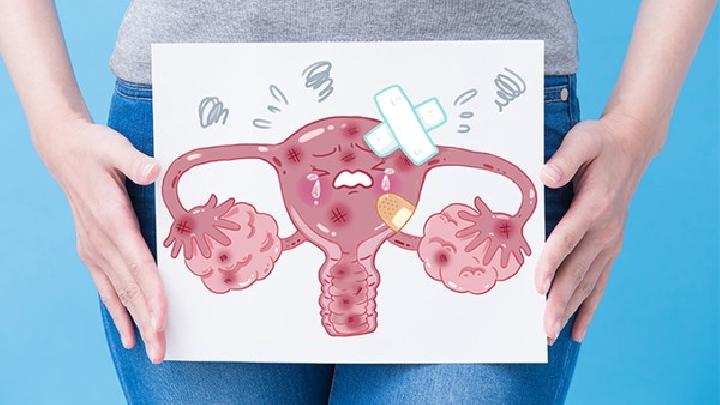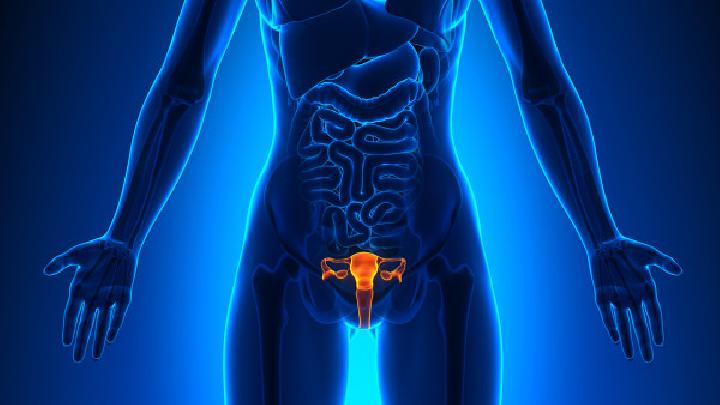Many patients think that after the surgery for endometriosis, the matter is over and everything is fine.
In fact, this is not the case. As a chronic disease, endometriosis requires long-term management, just like hypertension and diabetes.
Because endometriosis has a high recurrence rate, with an average recurrence rate of 20% at 2 years and 50% at 5 years.

In clinical practice patients often have the following types of questions.
- ❓ My ovarian endometriosis cysts have been removed and there are no more cysts on the postoperative follow-up ultrasound, why do I have to continue taking medication?
- ❓ My endometriosis lesions were removed and there is no more pain after surgery, why do I need to continue with the medication?
- ❓ I got pregnant successfully after the surgery, and my life event has been completed after giving birth, so why do I still have to fight with this disease?
These questions all relate to one issue, which is the long-term management of endometriosis after surgery.

Many patients don’t understand or can’t accept it. Here we will talk about why we need long-term management of endometriosis.
01
Endometriosis is a “chronic disease”, the cause of which is still unclear and difficult to remove. The cause is always present, and if we leave it alone, the disease can reoccur at any time.
Therefore, conservative surgery is prone to recurrence and difficult to cure.
02
Although endometriosis is a benign disease, it has a malignant behavior.
We often compare endometriosis to a “sandstorm” in the pelvis, which can involve several organs in the pelvis, such as the intestines, ureters, and other important organs.
If not managed in the long term, it can affect other organs and the quality of life.
03
Endometriosis has a risk of malignant transformation, with a malignancy rate of 1%. It requires our attention and long-term management to detect the risk in time and give active treatment.
04
Once endometriosis recurs, the main effects on patients are pain and impairment of fertility.
Pain manifests itself as dysmenorrhea, painful intercourse, and chronic pelvic pain, while impairment of fertility is particularly important for women in their gestational age.
Therefore, long-term management is needed to control the condition with medications and to avoid repeat surgical operations.
The goal of long-term management of endometriosis is to relieve symptoms, improve fertility, reduce recurrence, and improve the patient’s quality of life.
The protocol for long-term management is individualized by the physician according to the patient’s age, fertility needs, and severity of symptoms.





































